|
Today I spent most of my afternoon on the 10th floor of a building in SoMa that was once Uber Headquarters. The empty office space looked like a scene from Boiler Room (that was that movie about a fake company that Vince Vaughn may or may not have been in, right?) but with gorgeous exposed brick walls (current obsession!) and an incredible view of San Francisco's downtown. As I walked around the space I thought I spotted the BIGGEST pigeon I had ever seen. It turned out it was a majestic hawk overlooking the city while perched on some lovely buttress thing! What brought me to this spot was a class I was teaching for the Yerba Buena Center for the Arts youth artists in residence program. When they approached me about doing something, I felt this calling to offer a class on selfies and portraiture in the digital age. I wanted to discuss selfie culture and all the deeply divisive stuff about selfies (is it narcissism? is it a radical form of archiving?) with the people who were actually in the middle of this conversation - teenagers.
I've worked with youth artists before and are they kinda my favorite? Yyyyeeah, they're kinda my favorite. They are deeply contemplative, often introspective and political people who are being all complex and amazing while also navigating the fascist social experiment that is high school and the whole culture is freaking out about whether they are self-obsessed, cleavage-baring cell phone addicts. When I was in high school all I wanted was for someone to make me into a teenage mom and since that dream didn't come true I settled for highly intellectual pursuits. I was, however, no one's definition of political. I was deeply conformist in so many ways. So, I admire these young artists who are at the vanguard of their cohort. I talked to them about my work, why I care about body politics, how fat and disabled and gender non-conforming folks and queer couples and people of color have taken the internet by storm with selfies and documentation of fashion, love, and everyday life. I walked them through the history of portraiture - from the wall paintings of ancient Egypt, to Rennaissance paintings filled with rich people and their identity-marking crap, to Warhol's era of celebrity-featured pop art, and to the advent of the widely available camera, when the focus of some of the most evocative and impactful images became "everyday people." I pointed them to articles about selfies by James Franco and Teen Vogue. One of the articles pointed out that nowadays the number of images of real people outnumbers the images of models. I had been warned that they might be a little quiet, but something about talking about selfies inspired them to speak up even as I was trying to sneakily move onto the next slide in my presentation. They had SO MANY AMAZING things to say about parental paranoia, the delight that selfies and potrait making brought them, how they perceived the internet as an in fact less dangerous place than the non-digital world (despite everyone's anxiety about internet pedos), the way that some of them used selfies and hashtags to create visibility and showcase identity in mostly white school environments, how the language used to describe selfies is deeply encoded with sexism, and pointed out that if cell phones with cameras had been around in the 80s the authors of most of these selfie-hater articles would have totally been taking selfies too. Too. True. Their assignment for the end of class was to take two selfies. One was prompted by the hashtag "#me," in which I encouraged them to use their cameras to tell a story about one of their identities, their politics or how they were feeling right then. They came back from the assignment with images of all kinds. One focused on armpit hair ("my armpit hair is about taking up space"). One person talked about how he took a selfie of all his hair pushed forward, covering his face because his mom didn't like that he had long hair but he did. Some people's stories were about photo bombing other people's stories, showing comfort with their silly side. One person took a picture of the holes in the soles of his shoes, and his skateboard covered in anarchist graphics as well as his own art. One person had a friend help her write "ME" on her belly, and the person who wrote "ME" wrote "NO HATE" on her hand and put it over her mouth - a symbol of her journey into trying to understand her sexuality and sexual orientation while dealing with external homophobic/queerphobic attitudes. They totally blew my mind! Just thinking about their brilliance makes me want to cry a little. Of course, we ended the session with a group selfie. I decided to stay true to my most beloved selfie style - #bitchface - because it showcases my resilience, my refusal to be polite in the face of cultural hostility, and showcasing - just in case anyone got confused - that I ain't taking shit from nobody.
2 Comments
This morning I woke up and saw this article by CapitalOTC entitled, "Dining with Overweight Friend? This Study May Change Your Mind." The article discusses the finding of a study done by Cornell and the Mayo Clinic with 82 participants in which they monitored their food choices in the presence of a hired actress in a fat suit. My concerns are with the incendiary and bigoted verbiage and image the article used, but also the study itself. I, and other fat studies scholars and activists, have spoken at length about the way that the public health language and campaigns around weight loss carry an implicit language that fat people are meant to be essentially socially quarantined because our fatness - and the habits we are undoubtedly presumed to have - can be passed onto others -like the flu. The article details some of the study's methodology: "The researchers set up four different scenarios: 1. In the first scenario the actress wore a fat suit and served herself more salad than spaghetti. This scenario witnessed students serving as well as eating 43.5 per cent less salad than the fat woman. 2. In the second one when she was wearing the suit but served herself mostly the less healthier spaghetti, 31.6 percent of the participants ate more spaghetti, regardless of what she ate. 3. The actress didn’t wear the fat suit and served herself mostly salad. 4. The actress didn’t wear the fat suit and served herself mostly pasta." From the findings: "The observation clearly states that people tend to eat more unhealthy food and have less of the healthy one, in the presence of an overweight person regardless of what they have in their plate." I am honestly having a difficult time understanding how a study with this methodology could have been approved by the Institutional Review Board, the deciding body at any research institution that determines whether studies that involve human subjects are potentially damaging or unethical.
I think that this study clearly crosses the line. I honestly was nearly sure that this was a joke as I read the article because it reads like some kind of comedy sketch. The use of a fat suit is dehumanizing and feels like an utterly unecessary element in an otherwise thoroughly bigoted study. As you've read, the conclusions of this study (and the title of this article) posit that regardless of what a fat person - a fat woman - eats, just being in proximity to one leads to what are deemed as "bad" food choices. The article further de-genders this finding, using the words "overweight friend" when the study seems to have only tested this behavior with a woman in and out of a fat suit. Why this is important? We live in a fatphobia-saturated era characterized by open fat hatred and hostility. We also live in a culture that values the scientific and the empirical. This study, I believe, seeks to legitimize and codify the ostracization of fat people - and fat women particularly. This is not only fatphobic, but also sexist. Social isolation can have affects on mental health that fat women are perhaps already experiencing due to preexisting fat shaming attitudes. Read about The Fat Suit Study on the Cornell page. I spoke with a New York Times reporter today about a recent study on social media and fat shaming (see the article here), which found that Twitter had the most frequent instances of fat negativity and that instances of fat shaming were often targeted at women and girls.
She asked me why I felt that there was so much vitriol online. I answered that, among other things, "fat" has become a catch-all word for various cultural anxieties, like women's bodily autonomy. Perhaps more troubling was the way in which liberals* have aligned fatness with neo-conservatism, poverty and general "backwardness." Perfect example: Bill Maher! When I was an undergrad Bill came to my college to speak and I - like many people - totally wanted to bone him. I remember being awed by the way he made fun of creationism and people who are anti-abortion rights. I felt that his views aligned with that point in my recovering Christian, burgeoning feminist life. Fast forward ten years to the middle of last month. I happen to be in a room at the Hyatt in Washington DC, blocks away from where Bill Maher is giving his live HBO special. My boyfriend is a huge fan - and HBO came with the room! - so we watched this historic comedy event together. I was surprised and pretty appalled to watch Bill Maher make at least half a dozen fat jokes in the one hour we watched. They weren't typical "ha ha fat people are inherently funny" kind of gags. They were much more nuanced. Through Southern drawl and I-can-barely-tie-my-own-shoe style affectation, he seamlessly tied fatness to neo-conservatism/neo-conservatives, whom he painted as policy ignorant jerks who hate women's rights and brown people. He interchangeably referenced "southerner," "fat person," "idiot" and "neo-conservative" and in so doing, positioned fat people as inherent enemies of the neo/liberal agenda of "progress" and positioned coast-dwelling liberals (who are de facto thin people, presumably) as just generally having better brains and better politics. Bill Maher is a respected figure, especially among well-educated and monied men, and his endorsement of fatphobia as a means of conveying hostility toward "intellectual inferiority" and social conservatism is telling and it's troubling. This was the most watched HBO comedy event in five years. What is so odd to me is that Bill Maher has aligned himself with women's rights and anti-racism, but through his stance as a self-righteous fatphobe he invokes a language that has often been used to curtail women's bodily autonomy and is increasingly being used to scapegoat people of color and poor people. Bill Maher, not cool! I want to recognize that Bill is a highly visible person who is by no means the founder of this kind of rhetoric, but his unapologetic fatphobia is indicative of a damaging and deeply encoded language increasingly shared among liberals. *I edited all mentions of "neo-liberal" to just plain "liberal" after numerous clarification requests online! I apologize for my own misuse of the word. In my years of increasingly using the word "neoliberal" interchangeably with "person with suspicious politics" the word had morphed into something less indicative of a stance on free market politics and more indicative of the often attendant social attitudes/politics. Hey Babe!
Today was an all time OMG level 10 situation when I read the guest post that Jessamyn wrote for Lose Hate Not Weight Babecampers!! The Back Story: So about 75 days ago I kinda fell in internet love with Jessamyn... previously known to me only as @mynameisjessamyn on Instagram. Her feed is filled with photos of her in varying yoga poses. I know! I couldn't believe I had fallen in love with a yoga Instagram either! I live in a city where Lululemon is synonymous with "salad dressing on the side." But Jessamyn's practice totally moved/moves me. Each image is filled with this vulnerability, beauty, groundedness and concentration that blows my mind. She speaks openly about yoga as a practice that is neither thinspirational nor body size specific. So I emailed her and asked if we could chat about her becoming involved with Babecamp. We chatted over the phone about politics, boos and life as she soaked her toes for a pedicure. She is somehow even more tresmazing in real time. By the end of the conversation she had said YES to being one of my Babecamp super special guests! Jessamyn will be featured as a guest contributor for the Daily Action Email. This means that Babecampers will have her words of wisdom, perspective and philosophy AND a special assignment she engineered just for Babecamp delivered to your inbox! And I've read it and it's amazeballs! Every babe enrolled in Babecamp gets a Daily Action Email every morning from Nov 17 - Dec 16. Stay tuned for more Babecamp guest spotlights! Click here to learn more about Babecamp! |
Virgie Tovar
Virgie Tovar, MA is one of the nation's leading experts and lecturers on fat discrimination and body image. She is the founder of Babecamp (a 4 week online course focused on helping people break up with diet culture) and the editor of Hot & Heavy: Fierce Fat Girls on Life, Love and Fashion (Seal Press, 2012). She writes about the intersections of size, identity, sexuality and politics. See more updates on Facebook. Archives
April 2021
Categories
All
|
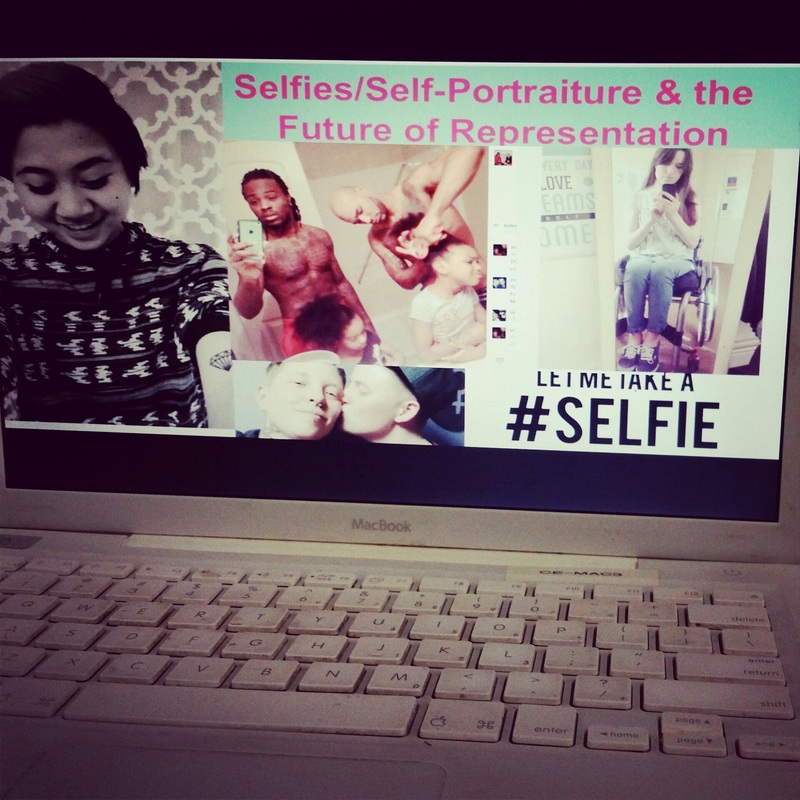
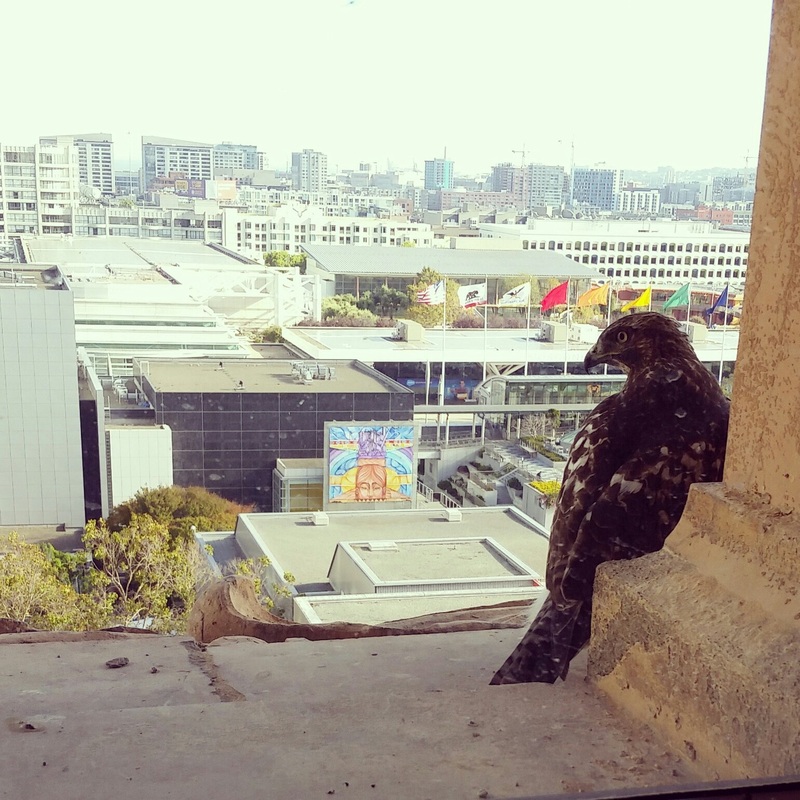
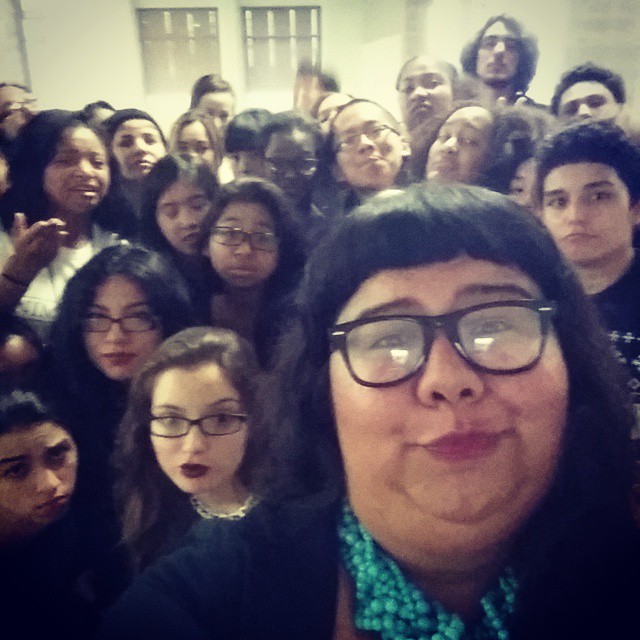
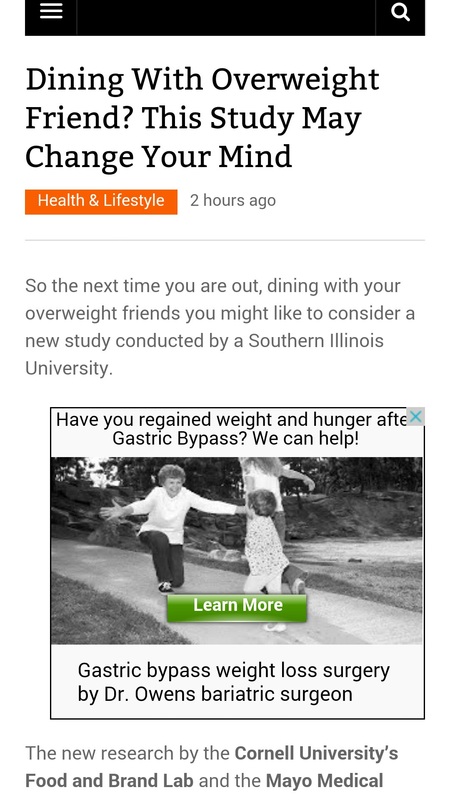
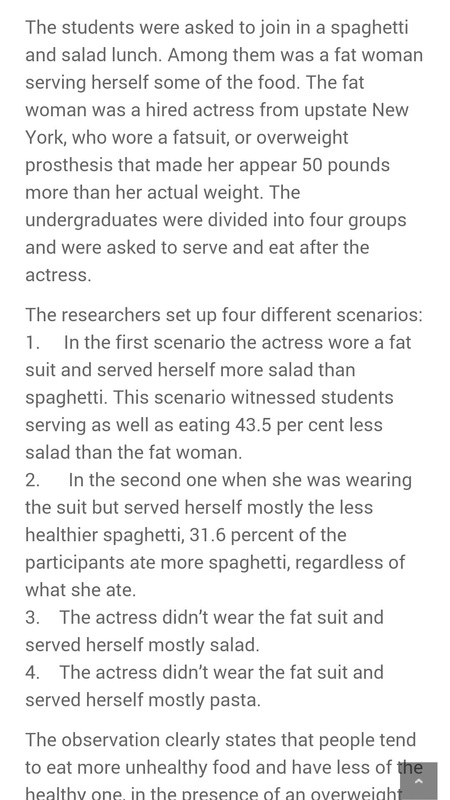

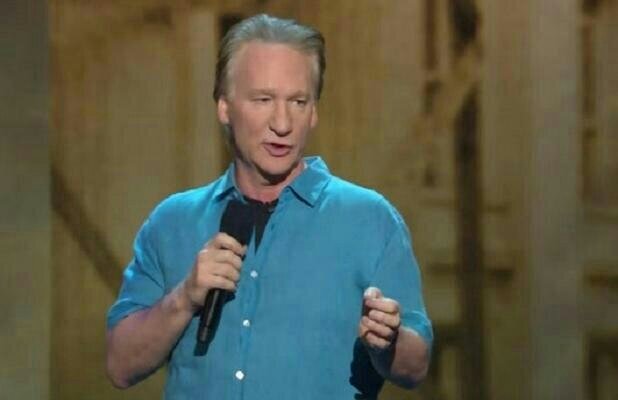
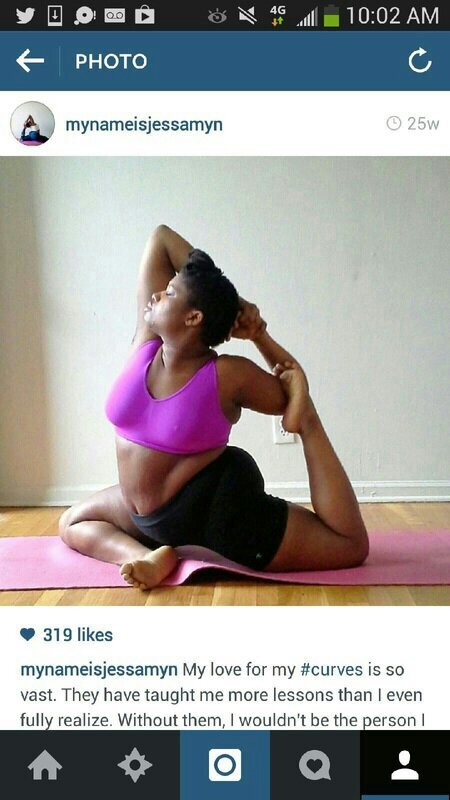


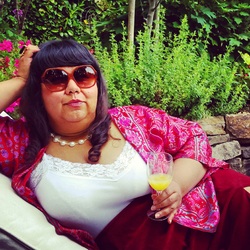
 RSS Feed
RSS Feed